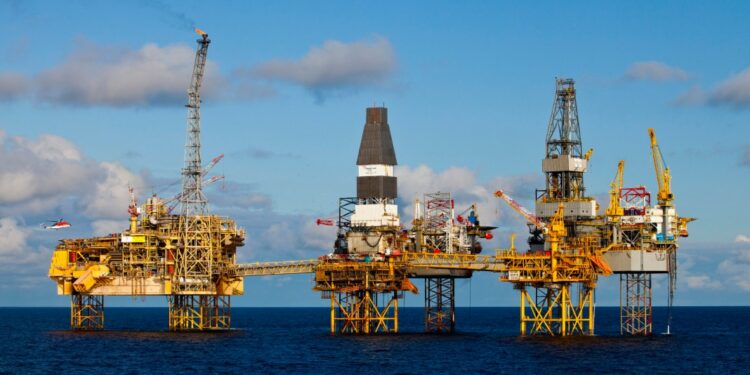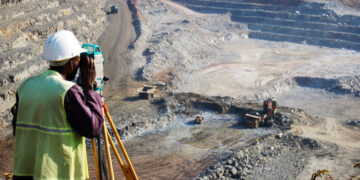Ghana’s oil industry under scrutiny: Calls for enquiry into Aker-AGM transaction grow
Imani Africa and the Africa Centre for Energy Policy (ACEP) have called for an immediate inquiry into the Aker-AGM transaction, following AGM Petroleum’s recent announcement to relinquish its interest in the South Deepwater Tano (SDWT) block, which hosts one discovery, the Nyankom-1X. The advocacy groups have requested President Akufo-Addo to establish a culture of accountability in the petroleum industry, while ensuring that the country is treated fairly in terms of its sovereignty.
The call to action by Imani Africa and ACEP comes after AGM and Aker Energy proposed to sell 70% of the SDWT Block and 37% of the Deep-Water Tano Cape Three Points (DWT/CTP) block to Ghana National Petroleum Corporation (GNPC) in a joint transaction worth approximately $1.3 billion in 2021. The two groups were among a coalition of Civil Society Organizations (CSOs) that opposed the transaction, citing the economic benefits assigned to Aker and the costs to Ghana.
Despite these concerns, GNPC moved ahead with the transaction. However, Imani Africa and ACEP’s recent call for an inquiry follows AGM’s decision to relinquish its interest in the SDWT block, which raised fundamental questions about the assessments conducted by GNPC and the Ministry of Energy to commit to paying for such an asset.
In their statement, Imani Africa and ACEP highlight the fact that AGM did not conduct an appraisal post-discovery, indicating that GNPC, as a partner to AGM, should have known the status of the discovery by interpreting the same dataset available to AGM. Furthermore, the advocacy groups question the technical capacity of GNPC and the Ministry of Energy to protect the nation against speculative investments, calling for a re-evaluation of some of the technical advice that has landed Ghana in court.
The relinquishment of AGM’s interest in the SDWT block also raises questions about the commerciality of the Nyankom discovery, which AGM had previously valued at over $700 million. Imani Africa and ACEP note that the company became “dodgy” about efforts to appraise the discovery, and that AGM’s recent statement corroborates their predictions that the SDWT block is situated in ultra-deep waters with substantial investments required to proceed.
The advocacy groups argue that the essence of declaring commerciality in petroleum operations is for the contractor to be satisfied that the petroleum discovery is significant enough to generate a positive return on investment with the available technology, or justify the development of a new technological solution to develop and produce the discovery. The fact that AGM did not conduct an appraisal post-discovery suggests that the Nyankom discovery may not be commercially viable.
Imani Africa and ACEP’s call for an inquiry into the Aker-AGM transaction highlights broader concerns about the governance of Ghana’s petroleum industry. The advocacy groups propose that a culture of accountability is required to ensure that the country can count on leadership to avert paying hundreds of millions of dollars on avoidable transactions. They also recommend clear actions required to develop the Pecan field, after Aker failed to submit an acceptable Plan of Development in five years as an operator of the DWT/CTP block.
Imani Africa and ACEP’s advocacy interventions prevented Ghana from incurring a potential loss. However, the recent developments surrounding the Aker-AGM transaction highlight the need for greater scrutiny of the petroleum industry in Ghana, and the importance of ensuring that the country’s sovereignty is protected.








